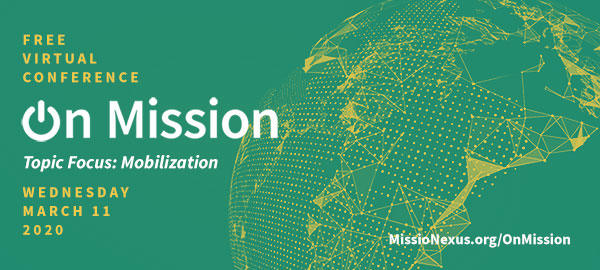Source: Open Doors, February 22, 2020
Pastor Bahrom Kholmatov of Tajikistan, imprisoned in 2017 for “extremism,” was released in late 2019. He writes the following.
“Dear brothers and sisters in Christ Jesus. [These] have been years of testing of our faith and walking with God, not only for my family, but for many Christian churches in our country. These challenges have taught us to unite more and trust the Lord in difficulties. During my imprisonment, many Christians from all over the world stood in solidarity with us—evidenced by the letters I received with your words of comfort and prayerful support. Many Christians prayed for me and for my family. Your prayers helped us to stand strong, through all these difficulties to grow spiritually and to transform into the nature of our Heavenly Lord! Thank you from all my heart! Glory to God!”
“God has shown himself through many brothers and sisters and also through you. My family and I are very happy for the prayer support and physical care you have provided.
“Early last year, my church was attacked by wicked people and the church building was confiscated by the court. Our church is now gathering inside a 40-ton container. We pray now for a new building for our church. We also ask you to participate in prayer and support us in this.
“God bless you all!!!”
» You may also want to listen to a recent BBC interview with Pakistani Christian Asia Bibi in which she speaks of her captivity and release.
 DATA: If There Were Only 100 Christians
DATA: If There Were Only 100 Christians January 29, 2020, Gordon Conwell Theological Seminary
January 29, 2020, Gordon Conwell Theological Seminary Source: Missio Nexus
Source: Missio Nexus